Extended reality (XR) is revolutionizing industries across the board and education is no exception. XR-powered study programs are helping students of all ages and vocations to improve educational outcomes and better apply their skill sets.
XR and virtual reality, in particular, are ideal for learning programs that have a practical or experiential element to them. For instance, a VR simulation allows your students to explore a whole beyond their classrooms through immersive virtual environments. However, VR can be applied to any education use case and you’re likely to see superior results compared to conventional learning methodologies.
Here’s how virtual reality is helping shape the classroom of the future.
Benefits of VR Learning
VR is a digitally-generated environment that allows users to explore a new or familiar world virtually. By immersing themselves in a fully interactive virtual simulation, students can learn new facts and develop new skills more effectively.
Virtual reality, along with augmented reality (AR) and mixed reality (MR), are often clubbed together under the umbrella of extended reality, each offering different levels of immersion. VR is the most immersive of the three and also the most popular. Here’s why VR learning has proven to be such a game-changer.
1. Experiential Learning
A VR simulation can transport you to any place around the world and provide incredibly enriching experiences, particularly for younger students. Imagine visiting the pyramids of Giza, exploring underwater ecosystems, or gazing upon an expanse of Arctic tundra without ever leaving the classroom.
XR education is also a great way to help your students to learn by doing. VR can simulate a life-like model of anything from a Rubik’s cube to a jet engine, allowing everyone from K-12 students to rocket scientists to grasp new concepts.

2. Faster Knowledge Transfer
Research shows that VR learning significantly accelerates knowledge transfer. The immersive aspect of the technology allows for faster absorption and better retention of information, helping curtail the learning curve. This can prove a great asset for everyone from corporate enterprises looking to quickly churn out new recruits or schools looking to reduce in-classroom time for their young charges.
3. Improved Application
Not only does VR speed up information delivery, but it also improves post-learning outcomes. At King Crow Studios, for example, our VR modules have helped our clients improve knowledge retention by up to 75%, reduce errors by 19%, and significantly boost accuracy, all while slashing training time by up to 95%.
4. Inexpensive
VR learning is also a very cost-effective solution. For instance, providing a VR simulation of Yellowstone National Park is much cheaper than planning an actual excursion to it. King Crow Studios’ pioneering S.T.E.P. system consists of deploy-read technology that can be fully customized to any learning use case within weeks. This significantly cuts down development time and therefore costs for you.
Applications for VR Learning
There is another advantage to using XR in education, which is that it’s a very versatile technology. A simulation is essentially a software program that can be tailored to showcase any scenario or develop any skill. Here are just some of the potential learning applications for this technology.
- Early Education: Pre-school and K-12 education is all about learning through experience. For example, VR can provide stimulating visual learning options for subjects like math, making it easier for children to become proficient in them. It also provides for potential distance learning and virtual collaboration opportunities with, say, international students offering them immersive cultural exchange opportunities.
- Medical School: Medical education and training is increasingly one of the most popular uses for VR learning software. Medical students can explore the human body and understand how organs work from the inside via VR simulations. This technology is also an asset when training paramedics or other emergency responders to provide urgent medical care in high-pressure situations.
- Military/Combat Education: VR has proven to be a very effective method for helping military professionals and even law enforcement officers pick up crucial skills. Simulations are used to help recruits learn to operate fighter planes, drones, tactical vehicles, and more.
- Special Needs Education: Students with learning disabilities or those with special needs require a different approach to education. Virtual reality can provide that by creating personalized courses and regulated environments that provide an immersive experience while managing any distractions.
Develop Custom VR Learning With an Industry Leader
King Crow Studios is an SBIR Phase III award-winning VR company and the preferred learning and training partner for some of the nation’s leading enterprises and institutions. We have a proven track record of developing fully tailored learning solutions that deliver transformative outcomes. Schedule a consultation to see how we can replicate these results for you. Follow our blog to learn more about XR in education.

